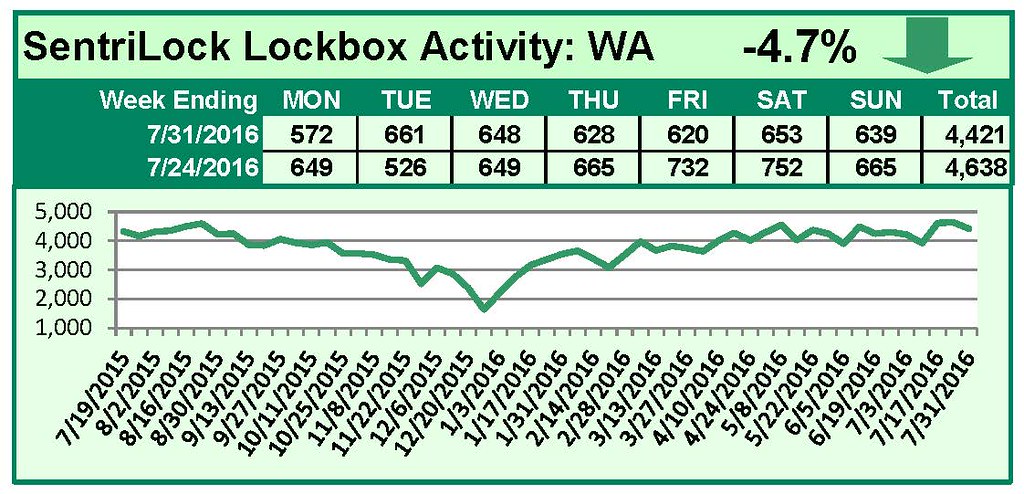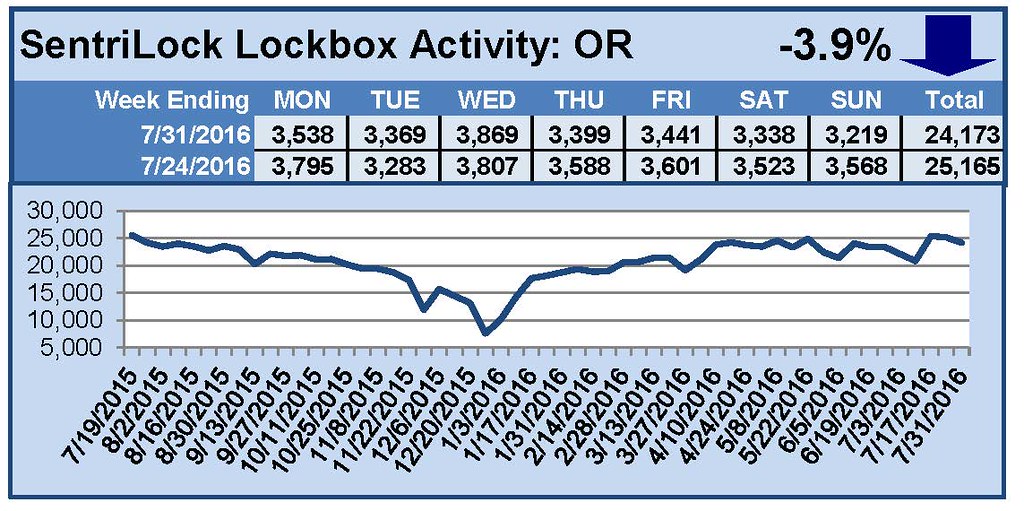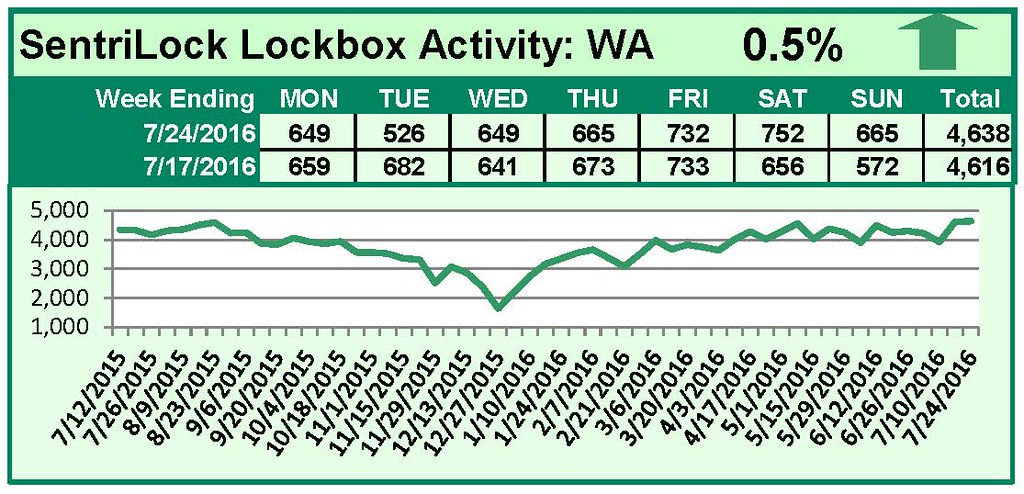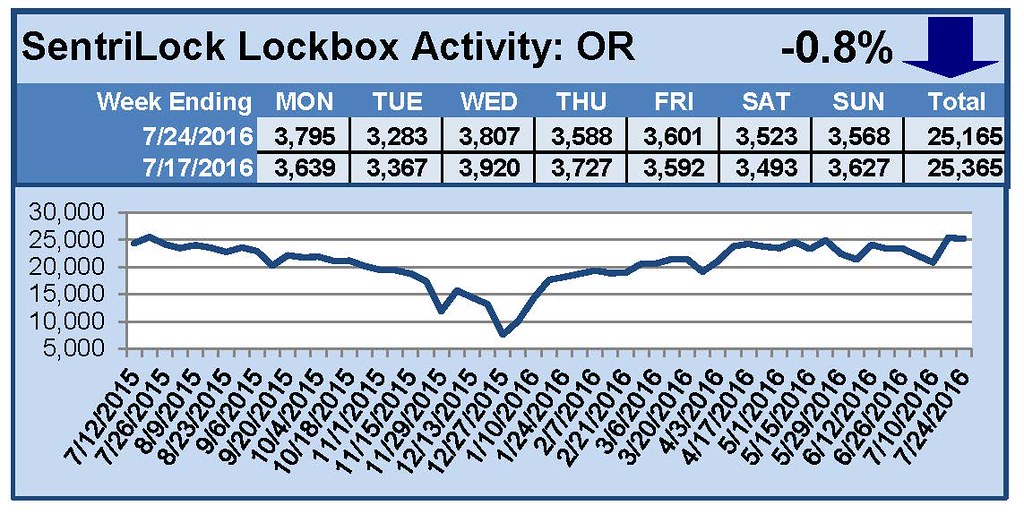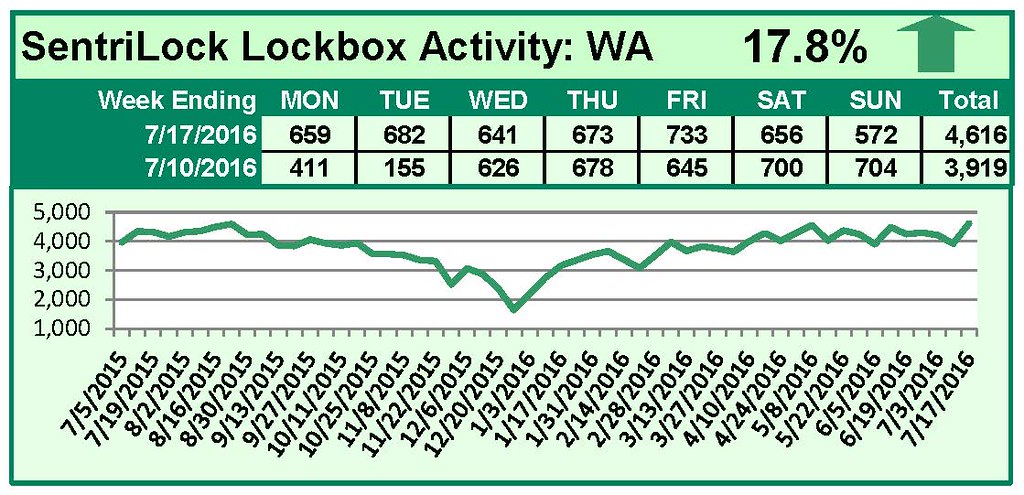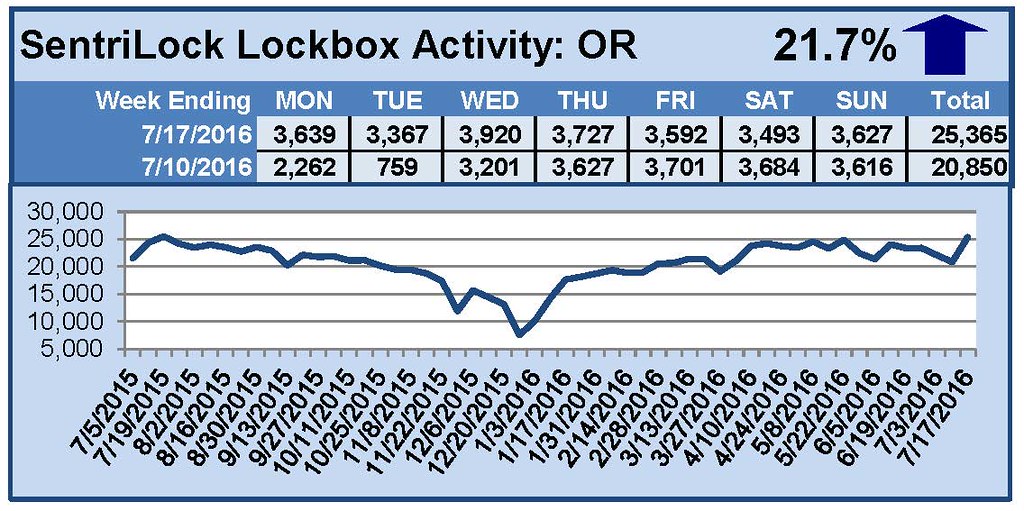Chatting About RMLS™ in Lane County with Lori Palermo

This year marks the 25th anniversary of RMLS™. Throughout the year, RMLS™ Executive Assistant Angel Johnstone will be writing about topics vital to the 25 year history of RMLS™. This month, she explores the RMLS™ expansion into Lane County with Springfield-area REALTOR® Lori Palermo.
Less than a decade after its formation, RMLS™ began expanding. In the interest of exploring the perspective from a local subscriber in the early years of RMLS™ growth and its relevance in the Lane County area, I caught up with Lori Palermo of Palermo Real Estate in Springfield, OR. Lori, who also serves on the RMLS™ Board of Directors, remembers, “I was on the task force formed by the Greater Lane County MLS to investigate a ‘merger.’ I was skeptical at first, but quickly came to realize and still believe that our joining RMLS™ was the best business decision that the leadership in Lane County has ever made.”
RMLS™ was formed in 1990, serving four associations in the Portland metro area—Clackamas County Association of REALTORS®, Multnomah County Association of REALTORS®, Washington County Association of REALTORS®, and East Metro Association of REALTORS®. As RMLS™ quickly gained footing in the northwestern area of Oregon it was apparent that there was opportunity for growth outside the initial areas served.
In 1999 RMLS™ experienced its first expansion into Douglas County. Shortly thereafter, RMLS™ reached Coos County, an area that had previously been served by five multiple listing services. In that same year RMLS™ was invited to Lane County to provide a presentation of its service platform, becoming a primary service area by 2001. RMLS™ CEO Kurt von Wasmuth comments, “while RMLS™ had been a sort of ‘city MLS,’ it became obvious that the expansion into Lane County solidified RMLS™ as the future statewide MLS.”
In the photo above, former RMLS™ President Beth Murphy holds up the signed agreement to begin RMLS™ service in Lane County.
A little more from my interview with Lori (edited for clarity and length, with her answers in blue):

When did you become a REALTOR®?
October 1993. I was working as a receptionist at my dad’s real estate company part-time and he offered to pay for my schooling if I would go get my license, so I did! Three days after I received my license in the mail, he took me to a Springfield Board of REALTORS® meeting and volunteered me for a committee! I’ve been volunteering with that board since.
Springfield and Eugene are next door neighbors. From your perspective, how is Springfield different from Eugene?
How long do I have? While both have their strengths and weaknesses, I think what separates the two are their politics. Springfield is more conservative, Eugene more liberal. In Eugene the mayor and city council are paid. In Springfield it is all volunteer. I believe that Springfield is more pro-growth than Eugene. The property taxes are typically lower and the utilities more affordable in Springfield. Eugene is about three times larger than Springfield and is home to a major university. The school district and park district are great in Springfield and the citizens really support their public safety professionals. Eugene has had some challenges in that area. Eugene likes to be seen as progressive and internationally recognized, and Springfield greatly values its hometown feel. Springfield’s motto is, “Proud History. Bright Future.”
In what ways are Springfield and Eugene similar?
Both value outdoor space, recreation, travel, and tourism. Both see the value in attracting new business. Both have wonderful bike paths and easy access to the rivers as well as great park districts. Both have the challenge of growth vs. infrastructure, although they handle those challenges very differently.
Do the differences you perceive between the two towns translate to a customized approach to real estate for each?
In some ways. From a buyer’s standpoint a lot depends on their priorities. Do they want to be near the University of Oregon campus? Are they looking for an international high school? That is more likely found in Eugene. Do they want a small town feel with easy access to city staff and leadership? That’s more likely found in Springfield.
RMLS™ expanded its service area to Lane County in the early 2000s. What impact did the new MLS service have on your business?
It had a huge impact! We were still using “the book” which was hard for many veteran REALTORS® to get rid of. By associating with RMLS™ we were given very valuable tools and new technology that were truly cutting edge for us. That is still true today. [The RMLS™] technology professionals are second to none.
Can you speak to the general status of the area market leading up to RMLS™ expansion into Lane County?
The expansion happened as technology was growing everywhere—across the board. RMLS™ just brought the tools that made it easier to see more listings and made exposure more timely. We weren’t waiting for a week or so for our listings to be accessed.
How has Lane County changed from the commencement of your career to recently?
LOTS of growth in business and industry as well as diversity in demographics. We’ve seen a large increase of people from different places internationally and I have enjoyed seeing how those cultures have been embraced.
You have been a member of the RMLS™ Board of Directors for a number of years now, including service as Board Treasurer and your current Second Vice-Chair position. What inspired your service on the board?
I started volunteering on the Service Advisory Committee in the very beginning of Lane County’s relationship with RMLS™. That committee was formed to give a voice to REALTOR® member boards and associations who are not shareholders. It has been a very rewarding experience to come together with representatives of other boards from over over the region to hear about their local markets, their challenges, and their victories. I believe that the recommendations that have come out of that committee have made RMLS™ more aware of the needs of all marketplaces. I have enjoyed serving on the RMLS™ Board of Directors and being a part of decisions made to better our industry as a whole.
Has participation on the RMLS™ Board of Directors made an impression on your experience as a RMLS™ subscriber?
Yes. It has helped me see that no decision made by the board is ever taken lightly. The steps taken when a decision needs to be made—whether it is a change in lockboxes or an addition to the features on RMLSweb—all ideas and opinions are heard before a decision is made.
What is your favorite feature of RMLSweb?
My favorite feature is the addition of OREF to the full listing. It saves a lot of time when I’m ready to write an offer. I am so proud of all the technology that Greg [Moore] and his team bring to our organization.
If you could give one piece of advice to your industry colleagues, what would that be?
I would give the same advice that my dad, a real estate broker for 40+ years, gave me at the beginning of my career. “Do unto others as you would have them do unto you. Always do the right thing, whether or not you think it will benefit you.” Best advice ever.
I am so proud of my association with RMLS™. The leadership truly has the best interest of each subscriber in mind every single day. Our technology department is constantly looking for new and innovative products and processes to make our jobs easier. The quality of service we receive from the RMLS™ Help Desk is outstanding. When I travel to real estate conferences around the country it is clear that RMLS™ is cutting edge, subscriber driven, and second to none. I have very much enjoyed every moment of my association with RMLS™.
What a great place to leave off, as I will be discussing technology at RMLS™ in my next piece. Thank you, Lori, for allowing me to put you in the spotlight and taking the time to chat with me for this blog series!

